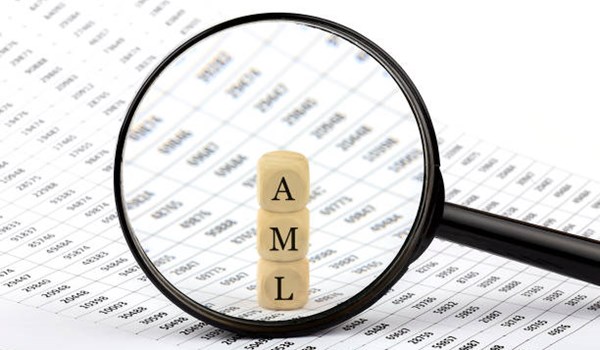Money laundering and financial fraud continue to present major risks to the UK’s financial system, placing strong emphasis on AML processes. One of the most important tools in combating financial crime is the Suspicious Activity Report (SAR), which allows businesses to flag potentially illicit behaviour to the authorities.
A Suspicious Activity Report is a formal document submitted to the National Crime Agency (NCA) when an individual or business is suspected of being involved in money laundering or other forms of financial crime, claims SmartSearch.
These reports are crucial for law enforcement, helping them identify and investigate organised criminal activity. Importantly, a SAR can be filed based on suspicion alone – definitive proof is not required – to ensure that suspicious activity is detected and investigated early.
There are several triggers that may prompt an AML officer to submit a SAR. Unusual or complex transactions are among the most common warning signs. These can include large or frequent international transfers with no clear business rationale, or instances where the source of funds appears deliberately obscured through multiple layers of payments across different accounts or banks.
Cash-based transactions often raise further suspicion. While some criminals believe cash is harder to trace, large cash payments can easily attract scrutiny, particularly in high-value purchases like property. Under the Proceeds of Crime Act 2002, transactions of £10,000 or more must be reported to the NCA, even if they don’t appear suspicious at first glance. Attempts to evade this threshold – for instance, by depositing £9,000 repeatedly – can themselves trigger a SAR.
Discrepancies between transactions and a customer’s profile also raise red flags. For example, sudden large transfers from a student or unemployed person with no visible income source can prompt investigation. For businesses, unusual or unrelated transactions outside their normal commercial activity may have the same effect.
Behavioural indicators can also play a role. Customers who resist identity checks, are reluctant to explain the source of their funds, or display evasive behaviour during verification processes may trigger a SAR. Similarly, transactions linked to high-risk jurisdictions or sanctioned countries—particularly those known for weak AML regulations or offshore tax havens—warrant further attention.
Real estate and property transactions are another common source of SARs, especially for estate agents, solicitors, and conveyancers operating in regulated sectors. Suspicious scenarios include attempts to buy property through shell companies or using unexplained cash.
Beyond money laundering, SARs also serve to detect potential terrorist financing. Regular small transfers to individuals or groups in high-risk regions or donations to organisations with potential extremist links are serious warning signs that often result in reports being filed.
A range of businesses are legally required to submit SARs under UK AML regulations. These include banks, accountants, solicitors, auditors, casinos, estate agents, and high-value goods dealers. Once submitted, SARs are reviewed by the UK Financial Intelligence Unit (UKFIU), which determines whether further investigation is warranted. In some cases, the NCA can block transactions that appear suspicious or pose risks to financial stability. It’s crucial for organisations to maintain confidentiality and never inform the customer involved, as doing so could jeopardise investigations and result in criminal penalties.
To ensure compliance, firms must rely on robust AML and Know Your Customer (KYC) systems. Tools such as SmartSearch’s AML software help businesses detect suspicious patterns, screen politically exposed persons (PEPs), and compile accurate SARs efficiently. With the right systems in place, businesses can protect themselves, their clients, and the wider financial ecosystem from illicit activity.



